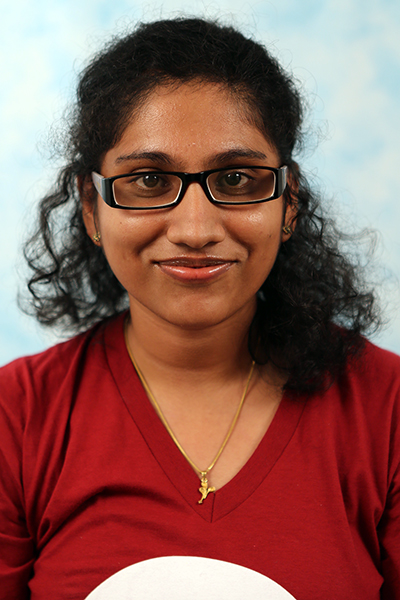PhD Thesis Proposal
Towards diverse zero-shot manipulation via actualizing visual plans
Abstract: In this thesis, we seek to learn a generalizable goal-conditioned policy that enables zero-shot robot manipulation — interacting with unseen objects in novel scenes without test-time adaptation. Robots that can be reliably deployed out-of-the-box in new scenarios have the potential for helping humans in everyday tasks. Not requiring any test-time training through demonstrations or [...]
Deep Learning for Sensors: Development to Deployment
Abstract: Robots rely heavily on sensing to reason about physical interactions, and recent advancements in rapid prototyping, MEMS sensing, and machine learning have led to a plethora of sensing alternatives. However, few of these sensors have gained widespread use among roboticists. This thesis proposes a framework for incorporating sensors into a robot learning paradigm, from [...]
Towards Influence-Aware Safe Human-Robot Interaction
Abstract: In recent years, we have seen through recommender systems on social media how influential (and potentially harmful) algorithms can be in our lives, sometimes creating polarization and conspiracies that lead to unsafe behavior. Now that robots are also growing more common in the real world, we must be very careful to ensure that they [...]
Design Principles for Robotics Systems that Support Human-Human Collaborative Learning
Abstract: Robots possess unique affordances granted by combining software and hardware. Most existing research focuses on the impact of these affordances on human-robot collaboration, but the theory of how robots can facilitate human-human collaboration is underdeveloped. Such theory would be beneficial in education. An educational device can afford collaboration in both assembly and use. This [...]
Robust Incremental Distributed Collaborative Simultaneous Localization and Mapping
Abstract: Multi-robot teams show exceptional promise across applications like Search-and-Rescue, disaster-response, agriculture, forestry, and scientific exploration due to their ability to go where humans cannot, parallelize activity, operate robustly to failures, and expand capabilities beyond that of an individual robot. Collaborative Simultaneous Localization and Mapping (C-SLAM) is a fundamental capability for these multi-robot teams as [...]
A Unified Control Framework for Robust Aerial Manipulation
Abstract: Aerial robots are now widely employed in diverse applications, such as delivery, environmental monitoring, and especially aerial manipulation—the focus of this thesis. Aerial manipulation involves integrating robotic arms with drones to perform physical tasks remotely. This capability is particularly crucial for operations that are either too dangerous or inaccessible for humans, such as high-altitude [...]
Beyond Robot Safety: Adaptability and Interactivity
Abstract: The deployment of autonomous robots in various areas, including transportation and human-robot collaboration, requires strong safety measures for effective interaction with the physical world. Traditional safe control algorithms work well in controlled settings but struggle to adapt to more interactive and unpredictable real-world scenarios. This thesis emphasizes the need to explore beyond traditional robot [...]
Towards Pragmatic Time Series Intelligence
Abstract: The widespread adoption of time series machine learning (ML) models faces multiple challenges involving data, modeling and evaluation. Data. Modern ML models depend on copious amounts of cohesive and reliably annotated data for training and evaluation. However, labeled data is not always available and reliable, and can also be dispersed across different locations. We [...]
Improved Surface Estimation for use in Virtual Fixtures during Retinal Surgery
Abstract: Retinal surgery procedures require surgeons to manipulate very delicate tissues with little room for error. During epiretinal membrane surgery, to reduce chances of recurrence, surgeons may have to remove the 10 µm thick internal limiting membrane from the retinal surface. An experimental procedure to treat retinal vein occlusion is retinal vein cannulation. During this [...]
3D Perception In-The-Wild
Abstract: State estimation is a fundamental component of embodied perception. Contemporary autonomous vehicle (AV) benchmarks have advanced techniques for training 3D detectors, particularly on large-scale data. Notably, although prior work has nearly solved 3D object detection for a few common classes (e.g., pedestrian and car), detecting many rare classes in-the-tail (e.g., debris and stroller) remains [...]







